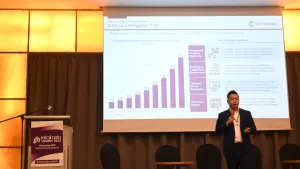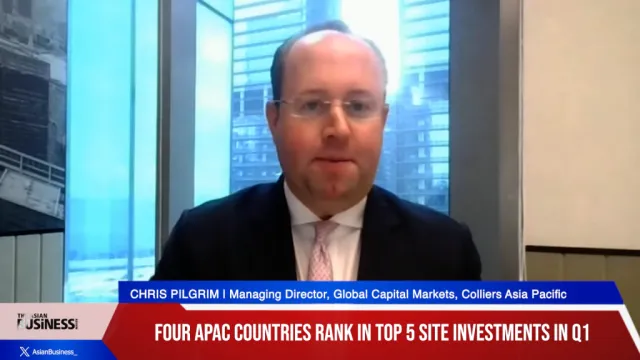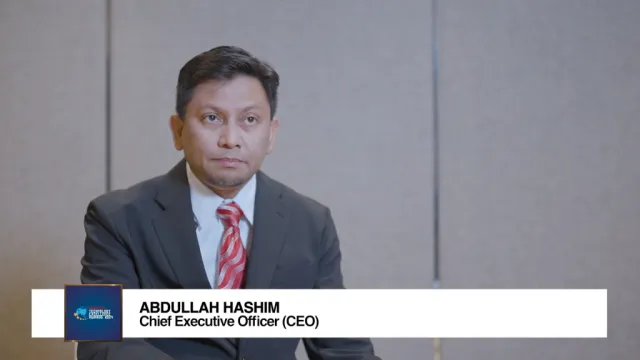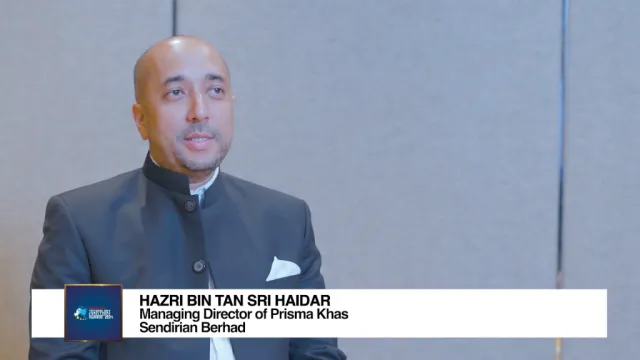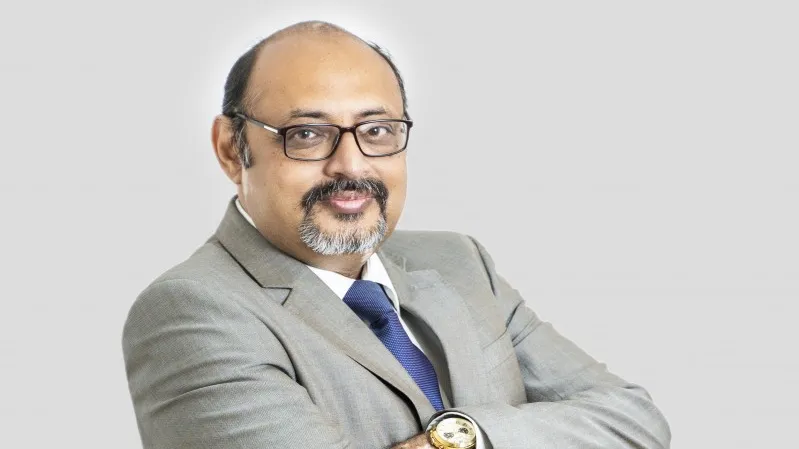
Asian Business Review welcomes Crowe UAE’s Binit Shah as one of the judges at Middle East Technology Excellence Awards
He sheds light on technology trends and digital transformation in the Middle East.
Binit Shah is a Crowe UAE’s Partner in taxation & technology. He leads a team that involves services such as transfer pricing, ESR, outsourcing services, accounting, IT consulting and software developments.
With 30 years of expecrience, Binit helps clients to identify the pain areas for IT setup at the micro level.. He is also into business intelligence and management reports for decision-making and various analyses of the product, assisting clients in measuring the productivity of the department and overall organisation.
As one of the judges at the inaugural Middle East Technology Excellence Awards, Binit shared some of his valuable insights on the current period of digital transformation. He also brought light on how businesses can adapt to the latest technological solutions—what measures they can take to keep themselves and their clients safe from data breaches, and more importantly, what it takes to win the inaugural Middle East Technology Excellence Awards.
Can you share with us your work experience or a backstory that has contributed to your expertise?
Technology is always a passion for me. Technological innovations and upgrades keep me alive.
The biggest advantage I have that helped me become an expert in technology was the knowledge I gained from the multiple industries and government sectors that I encountered in the past. Through them, I was able to understand the different requirements and demands of different clients. By advising the right solutions for multiple clients from various geographical locations, I, together with my team, was able to bring them to a single platform—that is the key achievement of Crowe. We take care of clients from start to end like defining strategy for digital transformation till execution.
What are the upcoming tech trends that you can see the Middle Eastern businesses can benefit from the most?
All sorts of businesses need to focus on maximising digitisation in their organisation; and for that, they have to work as a partner with their technology service providers that have experiences with multiple industries.
Small and medium businesses need to quickly adapt technology that can help them grow vertically. Nowadays, one individual can single-handedly do tasks from procurement to delivery with the help of technology. If we look at startups and their growth, the majority are technology-based and they bring new ideas for consumer and small business users. E-commerce has changed the trend completely within a few years.
For bigger organisations, the trends are moving towards blockchain, internet of things, artificial intelligence, and other advanced concepts of technology, Nowadays, RPA or robotic process automation has become the most trendy; and with developing multiple BOTS, businesses can save time with accuracy of data.
What is your advice to businesses in the region when it comes to keeping abreast with the latest technological solutions?
Nowadays, almost all business is acquainted with the technology. We always advise businesses to do an assessment first for the needs of your organisation. Meet several service providers and discuss the right solutions for your businesses. Organise phases for deliverables and measure your break-even and return on investment after investing in the technology. Prepare a roadmap and identify hurdles within the organisation. Eventually, find an alternative way to handle these challenges. It is important to document your processes verified by a third party (consider them as a partner) consultant, who will give you correct and neutral advice about the challenges and how to overcome them. Choose the latest technology that serves your future vision. Choose the right long-term partner who will help you prepare the right strategy and who will monitor digital transformation in your organisation.
Many experts are espousing digital transformation as the key action that will keep businesses afloat during and after the pandemic. Is there a possibility that it can also be a hindrance—much less an added problem—to their survival and progress?
The positive side of the pandemic is that it forces people to use technology to continue their businesses and to be in touch with their dear ones. Small and medium organisations realise how easy it is to use technology and there is no need to take training—it can be self-taught. Espousing digital transformation is happening, but must not stop there. New development and new solutions are evolving. Digital transformation will not be affected much once businesses go back to normal.
Cybersecurity has become a hot issue since the pandemic increased people's reliance on technology. How can tech firms keep themselves and their clients safe?
Cybersecurity requirement increases as more and more people are moved towards technology solution. Some technology like video calling and email communication is now a basic need for every organization and individual. To protect from harmful malware and other threats, clients need to gain basic knowledge, for example, know how to avoid using unsecure VPN connections and to avoid clicking on unnecessary emails, avoid using public wifi, etc.
Organisations need to follow all standards of cybersecurity and have regular sessions of training for their staff about all possibilities of cybercrime, especially maximum security breach happen when someone clicks on a link from an unknown email.
What key factors are you looking for when judging who should win?
Their approach to their clients; successful execution of their strategy; skills, knowledge, and experience of the implementor team; value is given to their clients; and the help they extend for their clients to achieve ROI.











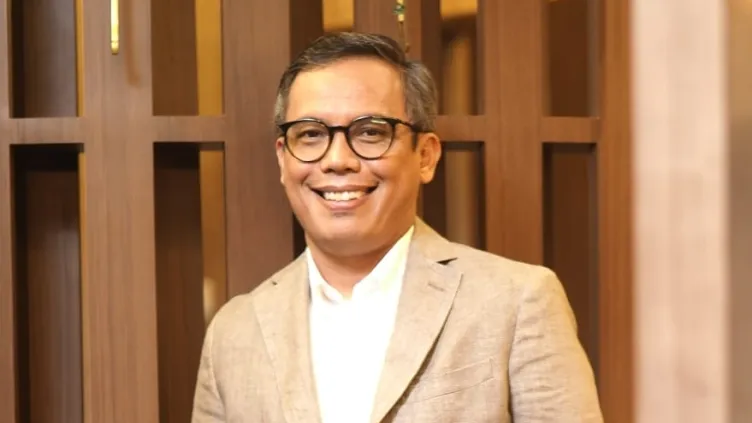
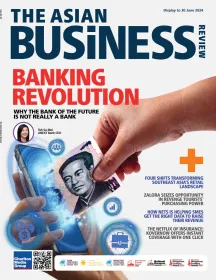
 Advertise
Advertise



